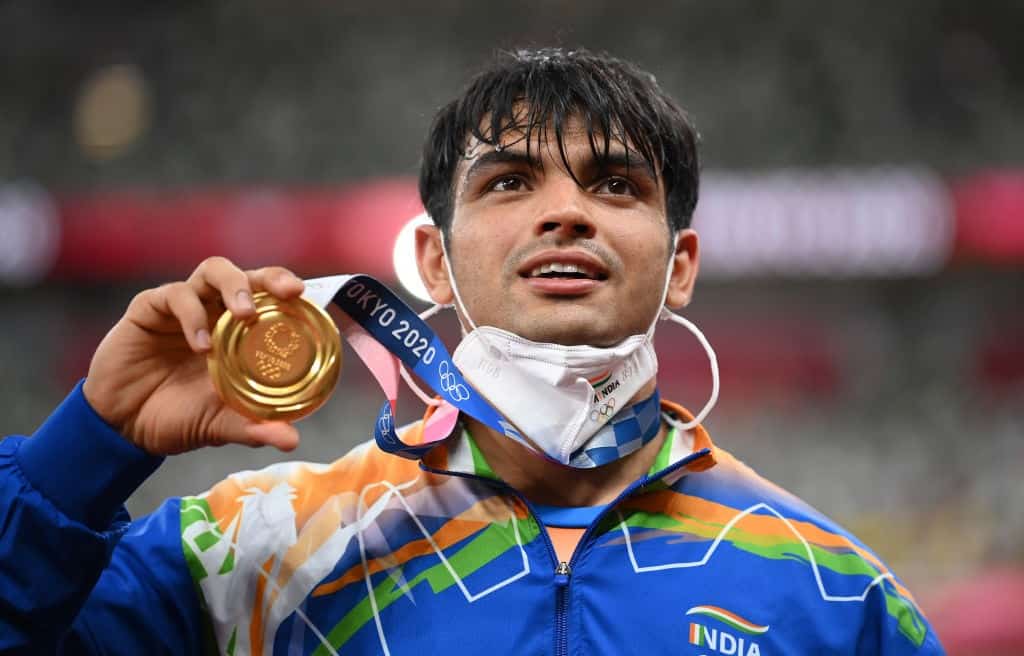When I was eight I was obsessed with being an Olympian. In fact, I was so sure that I was going to make it that I bet my mom’s friend that if I made the Olympic team, she would get the Olympic rings tattooed on her forehead.
My favorite Olympians were Missy Franklin and Dana Vollmer. When I got my gold medal, I was going to get the rings tattooed on my hip — just like them. Many tattoo-less years later, something really hit me. I’ve never seen someone representing my family’s country (India — if you can’t tell by my last name) in the pool.
From when I was 6 to about 12, I swam with people of every race. Right around middle school, though, I started to notice that all of my black and brown teammates were quitting. By my last year of high school, the only Indian person on my team was my best friend, Maygha. I’ve never understood why most elite swimmers are white until the most recent Olympic Games.
Most of our communities can’t swim. Pools have been a historic site of racial tension for decades. During the 1940s, ‘50s, and ‘60s, many pools were segregated. Pools were often home to civil rights protests called “wade-ins.” From the 1970s to the 1990s, many cities in the U.S. stopped building new public pools, which caused expensive, membership-only private pools to grow in popularity. As a result, swimming became a privilege.
And that’s only in America. In India, there is hardly any water to begin with, let alone to swim in. Swimming was never a priority back in India. My grandfather didn’t learn how to swim until he was a teenager, and even then, he learned in a well. Many of my aunties and uncles in the states never learned how to swim at all. I still have outstanding promises to teach them in their 70s.
Another reason for the lack of representation in swimming is economic stability, especially for Asian communities. In many Indian families, like my own, there is an understanding that sports don’t bring in the money that is required to take care of your family. For the most part, that means you go to school, get a well-paying job, and avoid frivolous endeavors like sports. If you have time to jump in the pool, you are wasting time that should be spent studying. Though as more of our communities establish themselves in the suburbs, it is likely that we will see a shift forward in representation.
Though there has never been an Indian medalist in swimming, two days ago we saw our first gold medal win for India in Track and Field. Neeraj Chopra won the men’s javelin on Saturday with a throw of 87.58 meters.
“It feels unbelievable,” Chopra said, according to Reuters. “This is our first Olympic medal for a very long time, and in athletics it is the first time we have gold, so it’s a proud moment for me and my country.”
Needless to say, this is a big win for my country. As a young Indian girl in a very unconventional sport for us, this would have meant the world. As a slightly less young Indian girl, no longer in said sport, it still means the world.
Congratulations Neeraj.
Photo: Matthias Hangst/Getty Images




